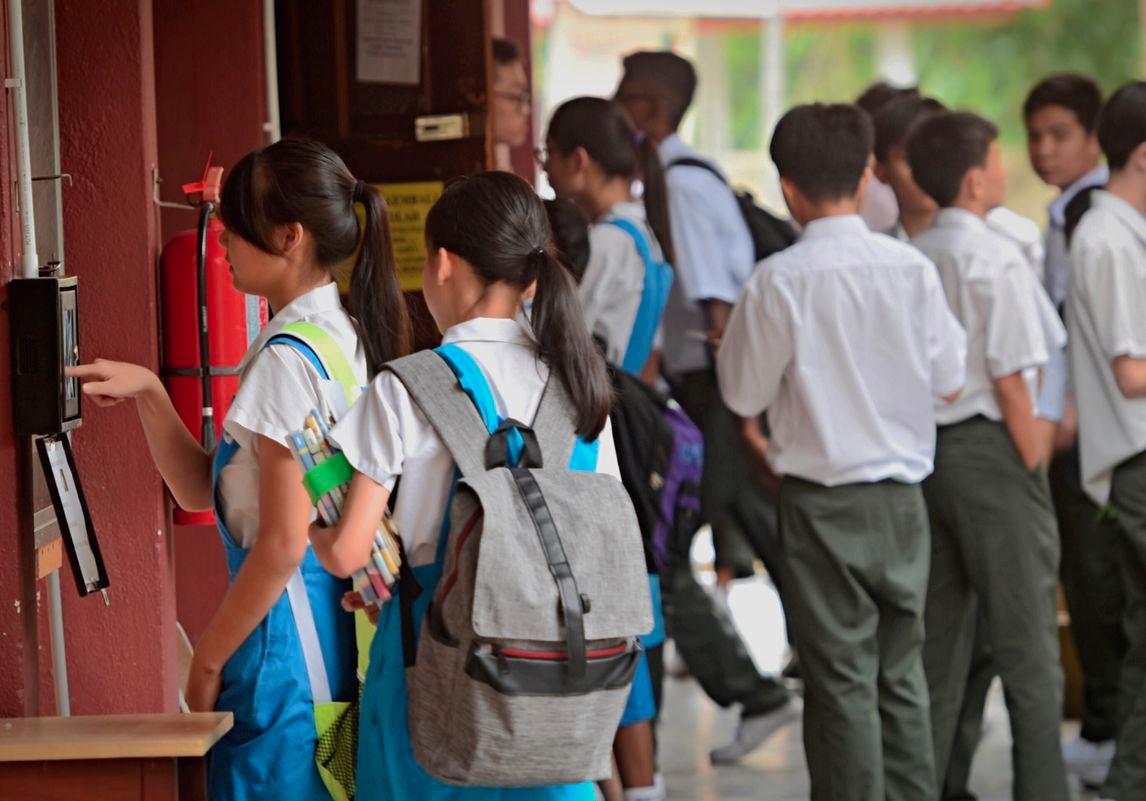SOMETHING is deeply wrong with the world our children are growing up in. And the scariest part is they are beginning to mirror it.
It began with the horror in Malacca: four teenage boys allegedly raped a 15-year-old schoolmate in a classroom after school hours. Two of them reportedly recorded the assault on their phones. The school has since expelled the students involved, following nationwide outrage and a promise to review school safety and discipline.
Before we could even process that, another shocking incident took place: this in Bandar Utama, where a 14-year-old boy fatally stabbed a 16-year-old senior. Police now believe he may have been influenced by violent video games and social media content.
And just this Thursday in Baling, Kedah, appeared yet another case – three students were expelled after a 15-year-old girl was found to have had sexual encounters with several boys, some of which were filmed and circulated.
Three tragedies. Three different schools. One terrifying pattern.
The children we are raising and the world they are inheriting feel unrecognisable. What was once innocent curiosity has curdled into cruelty. What was once discipline has been replaced by digital chaos.
I’m scared – not as a journalist but as a mother. I look at my 10-year-old son and my seven-year-old autistic daughter and wonder: Is this world still safe for them? Will they grow up knowing right from wrong or will that, too, become blurred in a world where even violence can go viral?
This isn’t just about bad kids or bad parenting; it is about a generation being shaped inside an overstimulated and desensitised ecosystem – a world where morality feels optional, where empathy is drowned out by noise and where humiliation and harm are just another kind of content.
Social media didn’t invent cruelty but it has made cruelty performative. Video games didn’t create killers but they have made violence feel thrillingly consequence-free.
Our children are learning lessons no school ever intended to teach – that human pain is a spectacle, that consent is negotiable and that power and popularity come from dominance, not decency.
In the Malacca case, the assault took place in a classroom – a space meant for learning. The boys not only committed the act, they recorded it. That says everything about how far the line between private sin and public entertainment has eroded.
The 14-year-old in Bandar Utama picked up a knife and ended a life, perhaps after watching too many virtual victories where death comes with a “restart” button. And in Baling, what should have been an awkward stage of adolescence turned into exploitation – filming, sharing and circulating – a generation so addicted to exposure that intimacy has become performance.
These are not isolated incidents; they are warning lights, flashing red, about how we are failing to form our children’s moral core.
We talk about devices and discipline, algorithms and access but beneath all that is
a deeper void of values, grounding and connection. We are raising children who can code before they can cope and who can go viral before they can verbalise their emotions.
The Education Ministry says the students will be expelled but expulsion only removes them from a building, not from the world that shaped them.
We need something deeper than punishment; we need intervention – in homes, in classrooms and in national priorities that put character, compassion and conscience on equal footing with grades and gadgets.
And we – the parents – must stop outsourcing morality. We need to talk, listen and set boundaries even when it makes us unpopular. We must stop treating children like fragile glass that must never be told “no”. Because every “no” we avoid now may one day echo in a police report.
I think of my children often when I read these stories. My son, growing up in a world that confuses toughness with cruelty. My daughter, vulnerable in a world that mocks difference. I hold them closer and wonder: How do I raise them to stay human in a world that feels less and less so?
If the world has changed – and it has – then we must change too, not in surrender but in resistance.
We can’t save every child but we can start by saving our own from the emptiness of a world that scrolls faster than it feels. Because if schools have become crime scenes, then maybe it is time for homes to become sanctuaries again.
And that begins with us – turning off the noise, looking up from the screens and teaching our children what the world seems to have forgotten: that being human is still the most important lesson of all.
Hashini Kavishtri Kannan is the assistant news editor at theSun.
Comments: letters@thesundaily.com









